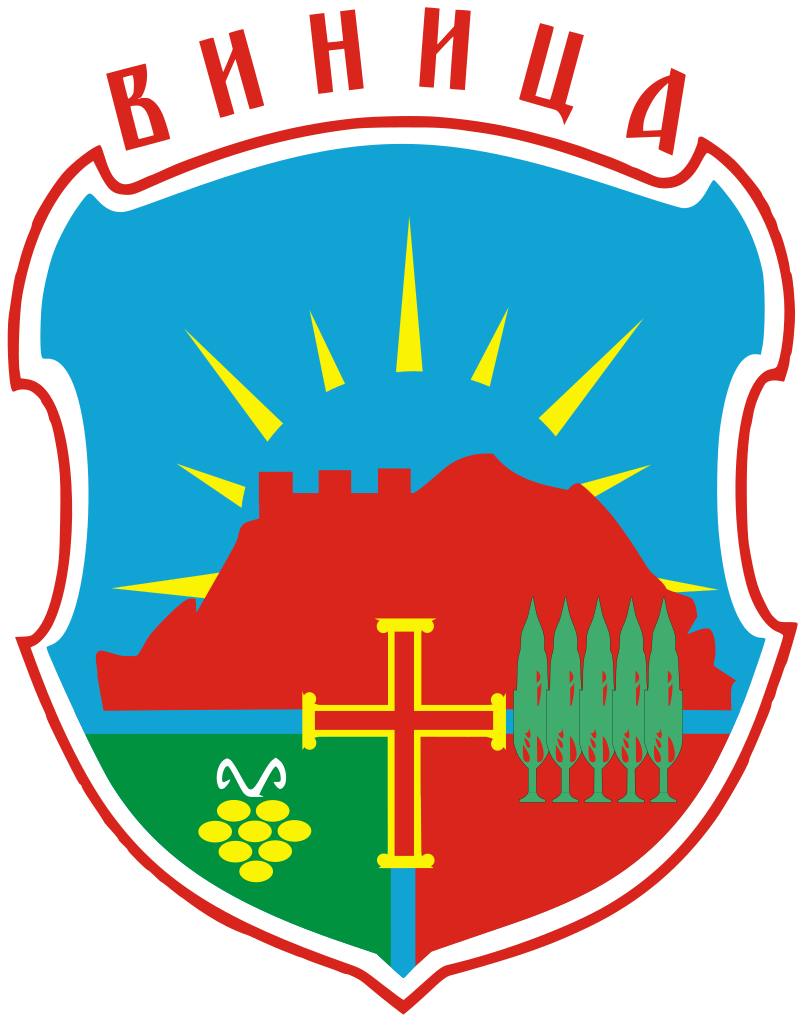
Vinica is not just a location; it is a city that keeps history beneath its soil, dignity in its heart, and a quiet yet powerful love for the homeland.
Nestled on the slopes of Mount Plačkovica, at 395 meters above sea level, Vinica is a haven of peace, values, and meaning.
It lies in the southeastern part of the Kočani Valley in eastern Macedonia. According to legend, the name arose in years of drought, when people built homes mixing wine instead of water into the mortar. Whatever the true origin, Vinica’s name has become a symbol of endurance and identity.
Vinica is an ancient city, where history is not only written in books but preserved in the very earth. On Vinica Fortress (Vinicko Kale), archaeologists uncovered one of Macedonia’s greatest treasures:
Life here dates back to the Neolithic period (12th–6th century BC). The Paeonians later settled the region, and the Byzantine fortress became a center of viticulture and wine production. In the late 19th century, Vinica was an active channel for the Internal Macedonian Revolutionary Organization, serving as a storage site for weapons and archives.
After World War II, the town began to grow significantly, and in 1971 it was officially declared a city.
In Vinica, tradition is not past—it is present, lived every day:
Agriculture is the backbone of Vinica. The Vinica–Kočani Valley is known for its rice, while wheat, corn, and vineyards once made the city famous. Today, the textile industry, furniture manufacturing, and companies like Agro Bar (agricultural machinery) sustain the local economy.
The area is rich in forests, pastures, and mineral deposits: granite, quartz, marl, clay, asbestos, and iron. Vinica also has thermal mineral waters, offering potential for health and tourism development.
Every dish in Vinica is tradition served with love:
Vinica has a strong sporting tradition:
The city has a stadium and sports hall, and in 2008 it hosted matches of the Women’s Youth World Handball Championship.
For all Vinica natives abroad — your town has not forgotten you.
In every Sunday family table, in every old song sung at weddings, in the aroma of homemade komat bread and ajvar, Vinica is there.
Far from home, the soul of Vinica follows you — a reminder of your roots, your memories, and the homeland that always waits with open arms.